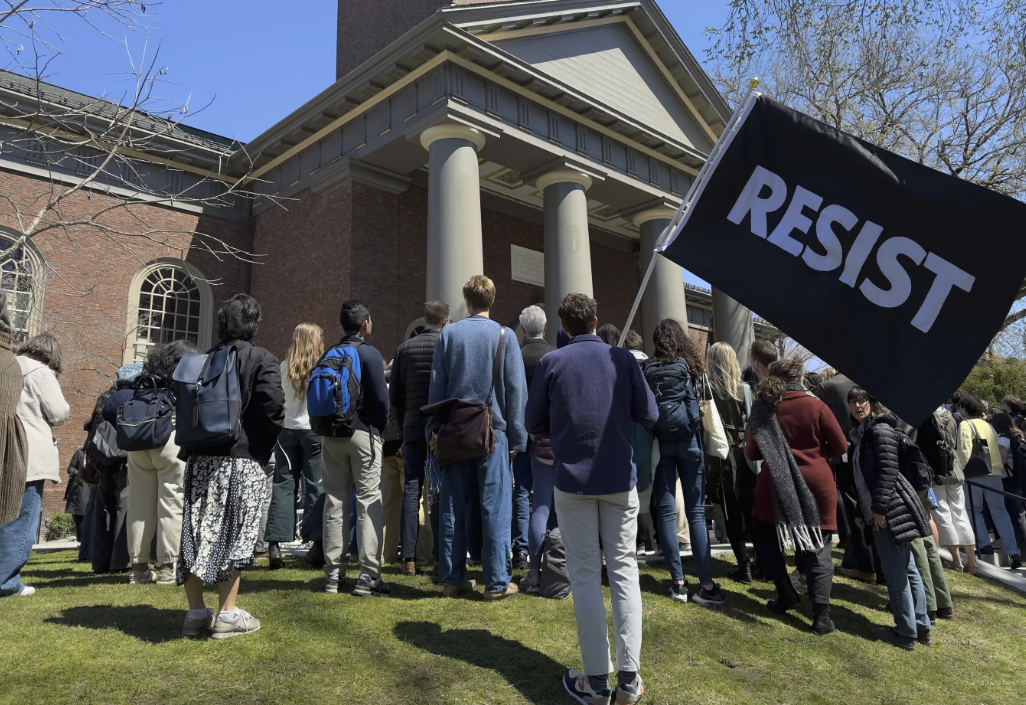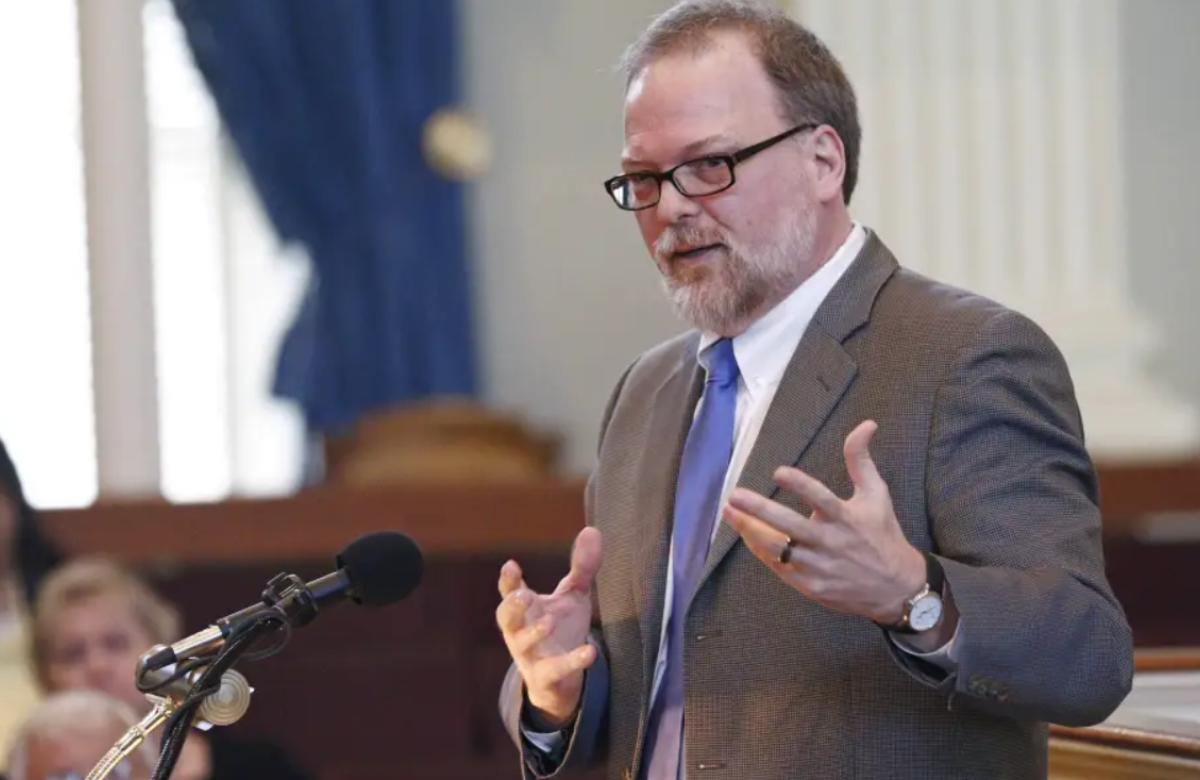Harvard University has filed a lawsuit to stop a federal freeze on more than $2.2 billion in research grants, following its refusal to comply with demands from the Trump administration to restrict political activism and change campus policies.
The lawsuit, filed Monday in federal court in Boston, challenges the administration’s decision to cut off funding after Harvard declined to enact reforms related to student activism, diversity, and admissions practices. The dispute stems from an April 11 letter from federal officials demanding a sweeping overhaul of the university’s operations, citing concerns about antisemitism on college campuses following last year’s protests over Israel’s military actions in Gaza.
Despite the pressure, Harvard President Alan Garber made it clear the university would not comply. Within hours of that announcement, the government imposed an indefinite freeze on the school’s federal research funding.
“The Government has not — and cannot — identify any rational connection between antisemitism concerns and the medical, scientific, and technological research it has now frozen,” the lawsuit argues. It also highlights the national impact of halting research intended to benefit public health, innovation, and U.S. global competitiveness.
The suit calls the freeze “arbitrary and capricious,” arguing it violates Harvard’s First Amendment rights and federal protections under Title VI of the Civil Rights Act.
In response, the White House sharply criticized Harvard. “The gravy train of federal assistance to institutions like Harvard, which enrich their grossly overpaid bureaucrats with tax dollars from struggling American families, is coming to an end,” said White House spokesman Harrison Fields in a statement. “Taxpayer funds are a privilege, and Harvard fails to meet the basic conditions required to access that privilege.”
Harvard is the first university to directly challenge the Trump administration’s broader campaign to reshape higher education, a push that Republican leaders argue is needed to curb liberal bias and unchecked campus activism. A central part of this effort involves targeting federal research funding, which has historically powered innovation but is now being used as political leverage.
Among the administration’s demands: stricter discipline for protesters, screenings of international students for “anti-American” views, and a mandated audit of faculty and student diversity. It also pushed Harvard to reform its leadership, adjust its admissions practices, and stop officially recognizing certain student groups.
Harvard pushed back last week, asserting that the government’s directives were unconstitutional. On social media, Trump escalated the conflict, suggesting the university should lose its tax-exempt status for promoting what he described as “political, ideological, and terrorist-inspired” content.
The legal challenge follows a similar lawsuit filed earlier this month by the American Association of University Professors, which argued that the federal probe into Harvard’s research funding is unlawful.
President Garber framed the lawsuit as a defense not only of Harvard but of academic freedom nationwide. “Today, we stand for the values that have made American higher education a beacon for the world,” he told the Harvard community. “We stand for the truth that colleges and universities can fulfill their legal and societal roles without improper government intrusion.”
Harvard alumna Anurima Bhargava praised the university’s decision to take legal action. “The Trump administration continues its reckless and unlawful attack for power and control over Harvard,” she said. “Today, Harvard once again refused to accede to the administration’s dangerous and escalating demands.”
The American Council on Education, a major higher education advocacy group representing more than 1,600 colleges and universities, also voiced support for Harvard’s move. “It has been clear for weeks that the administration’s actions violated due process and the rule of law,” said council president Ted Mitchell. “We applaud Harvard for taking this step and look forward to a strong court ruling that affirms the importance of academic freedom and scientific integrity.”















